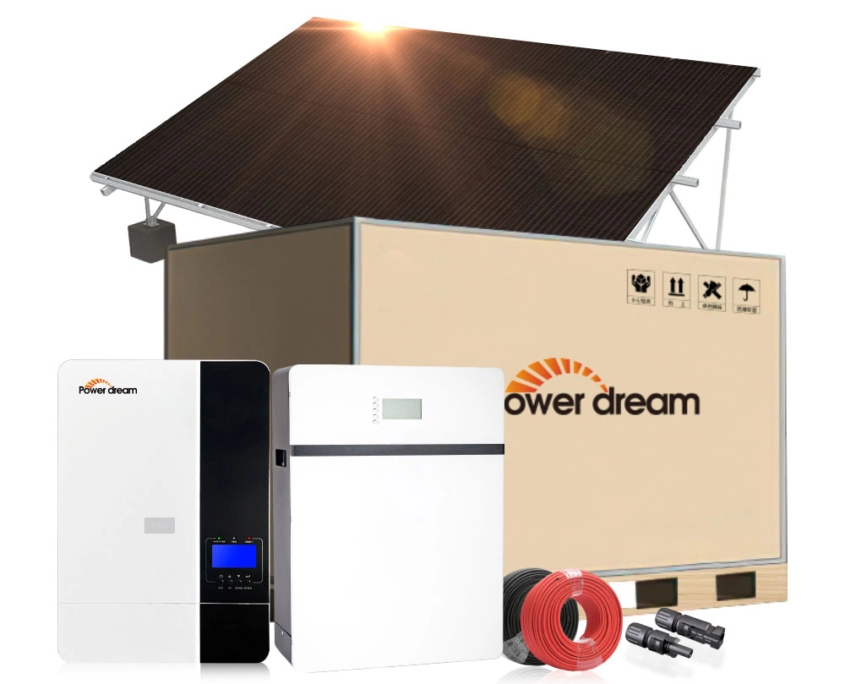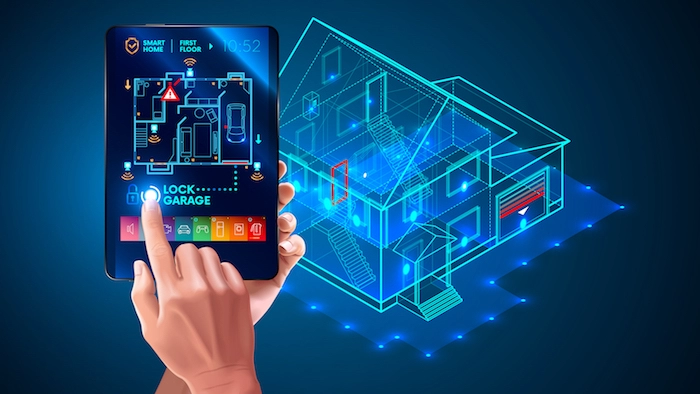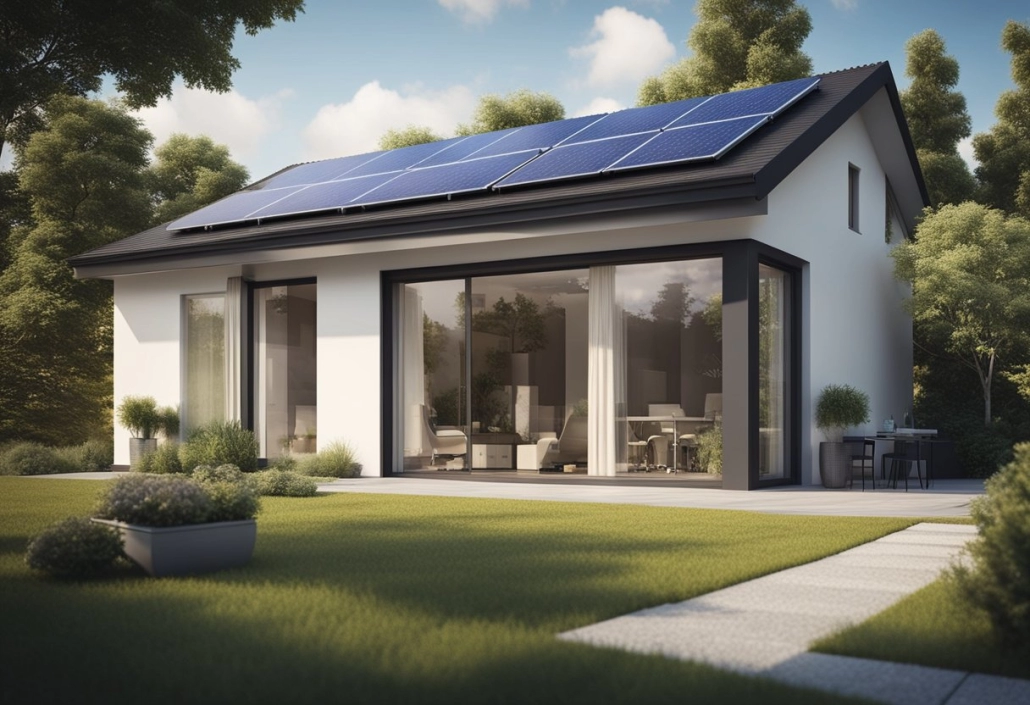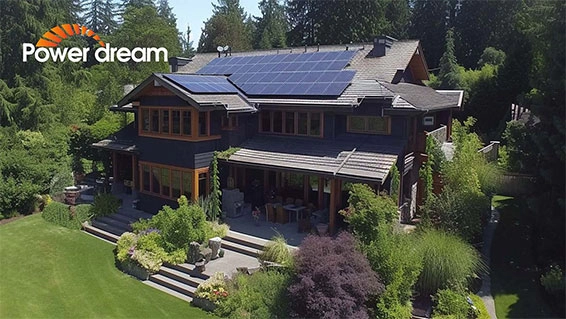How to combine full home solar power systems with smart home technology?
Combining full home solar power systems and smart home technology is changing how we manage energy consumption and improve our living environment. As homeowners worldwide increasingly adopt sustainable energy solutions, combining solar with smart home automation is a more effective way to optimize energy efficiency, reduce costs, and promote a green future. This article will also share how to combine a whole-home solar system with smart home technology successfully. From energy management to automated appliances, we’ll dive into how this combination creates a connected system that provides enhanced convenience, sustainability, and control.
Consider Smart Compatibility When Designing a Full Home Solar Power Systems
When planning a full home solar power system, prioritize components that integrate with smart home platforms. Start by installing a smart-ready solar inverter, which bridges solar panels and your home automation network. An inverter with Wi-Fi/Bluetooth connectivity allows remote monitoring via an app. Next, make sure your system includes smart meters and circuit-level energy monitors. These devices break down energy usage by appliance, allowing your smart home system to make data-driven decisions. For example, excess energy can automatically charge an electric vehicle or battery storage system during peak solar power generation instead of selling it back to the grid at a lower price.

Synergy Between Full Home Solar Power Systems and Smart Home Technology
Full home solar power systems are no longer stand-alone energy solutions—they are evolving into innovative ecosystems. By combining solar technology with smart home devices, homeowners can optimize energy production, reduce waste, and achieve seamless automation. Solar panels generate clean energy, while smart home technology is the brain, analyzing usage patterns and automating energy distribution. Pairing a solar inverter with a smart energy monitor allows real-time energy production and consumption tracking. This synergy can reduce electricity bills and maximize the ROI of your solar investment. The key is choosing compatible technologies to communicate quickly to create a unified, energy-efficient home.

How to Improve Energy Efficiency?
Smart home technology enables homeowners to remotely control various systems and appliances, creating a connected environment that improves convenience and efficiency. When combined with a whole-home solar system, smart home devices can provide more effective energy management by automatically controlling energy consumption based on real-time data.
For example, a smart thermostat can adjust the temperature of a home based on the time of day and the availability of solar energy, ensuring efficient energy use. Similarly, intelligent lighting systems can automatically turn off lights when not needed or adjust brightness based on natural light levels. By connecting a full home solar power system with innovative energy management tools, homeowners can reduce their carbon footprint and lower their electricity bills by optimizing solar power generation.

Automating Energy Storage and Consumption
Combining a full home solar power system with smart home technology can automatically manage energy storage and consumption. Smart devices can track the energy generated by solar panels throughout the day and, based on this data, decide when to store excess energy in batteries or send it back to the grid.
For example, if the solar panels generate more energy than the home needs, the system can automatically store the excess energy in the battery for later use. Conversely, if solar energy is insufficient to meet demand, the system can automatically draw energy from the battery or the grid to ensure an uninterrupted power supply. Intelligent energy management platforms can also prioritize using renewable energy and reduce dependence on non-renewable energy.
Improve home comfort and convenience through intelligent integration.
In addition to improving energy efficiency, full home solar power systems can be integrated with other smart devices to enhance home comfort and convenience. Smart home technology lets homeowners control energy-related functions such as lighting and temperature security, entertainment, and appliances from a single platform.
You can program your smart home system to adjust heating and cooling when you are away based on the availability of solar energy. During sunny hours, the system can use solar energy to power cooling equipment, ensuring that you use renewable energy to maintain the comfort of your home. Similarly, smart appliances such as refrigerators, washing machines, and dishwashers can operate when solar energy is available, reducing the demand for electricity during peak hours on the grid.
Create an efficient, connected energy home life.
Combining a full home solar power system with smart home technology can provide a comprehensive solution for homeowners who want to improve energy efficiency, reduce utility costs, and create a more sustainable living environment. By combining smart devices with solar power generation and storage, you can automate energy management, reduce your carbon footprint, and improve the comfort and convenience of your home.



